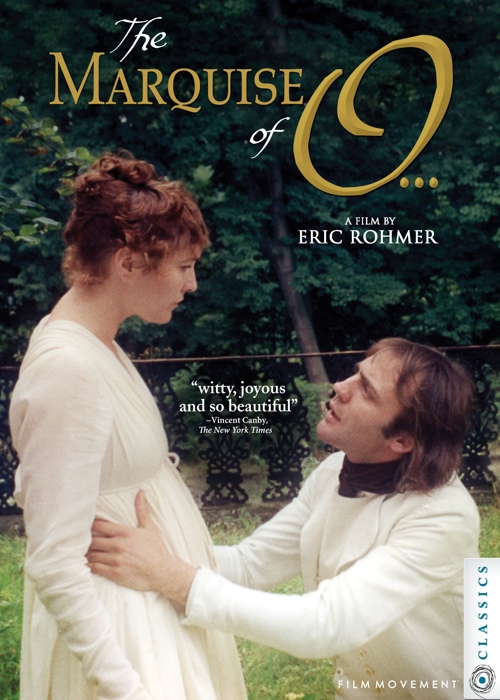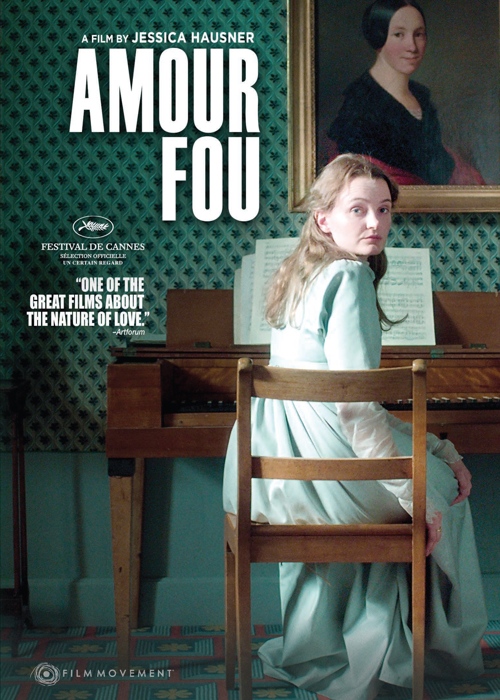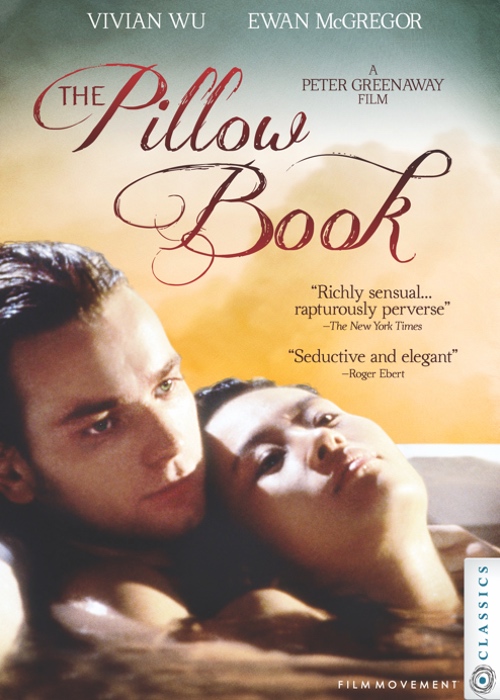The Marquise of O...


Already an established filmmaker by the 1976 release of THE MARQUISE OF O, an adaptation of Heinrich von Kleist's classic short story, the film stands as Eric Rohmer's "dazzling testament to the civilizing effects of several different arts, witty, joyous and so beautiful to look at" (The New York Times). Winner of the Special Jury Prize at the Cannes Film Festival that year, Rohmer's film is set in 1799 during the Russian invasion of Italy. A young widow, The Marquise (Edith Clever) lives with her parents; her father is the commander of a citadel embroiled in battle. With the fort overrun by Russians, the Marquise is abducted by a group of rowdy soldiers and nearly taken advantage of when the Russian commander Count F (Bruno Ganz) appears as if from nowhere to rescue her. Later, the Marquise realizes she is pregnant, though she cannot decipher how the circumstance came to be. The Marquise's scandalized parents banish her to their country estate, where she pens a letter to the newspaper announcing that she will marry the father, whomever he may be, should he only present himself. Rohmer masterfully adapts von Kleist’s multi-layered story, creating "the aura of a neoclassical dream, a fading vision of the virtue of gentility" (The Chicago Reader).
Cast
- Edith Clever
- Bruno Ganz
- Edda Seippel
- Peter Luhr
DVD Features
New essay by film critic David Thomson\nArchival interview with star Bruno Ganz\nArchival interview with director Eric Rohmer
Sound: Mono
Discs: 1
Blu-ray Features
New essay by film critic David Thomson\nArchival interview with star Bruno Ganz\nArchival interview with director Eric Rohmer
Sound: Mono
Discs: 1
- "It's a dazzling testament to the civilizing effects of several different arts, witty, joyous and so beautiful to look at."
- "The film's slow, stately pace and the quiet way in which it makes its points give it the aura of a neoclassical dream, a fading vision of the virtue of gentility."
- "Rohmer's great achievement...is that it is this, rather than merely the story, that he has brought to the screen, recreating and making even more ironic Kleist's literary written conversations, and opting, in his colour scheme, sets and camerawork, for a style that hovers between formalism and realism."
Awards & Recognition
Special Jury Prize
Cannes Film Festival
Cannes Film Festival
New York International Film Festival
You May Also Like...


